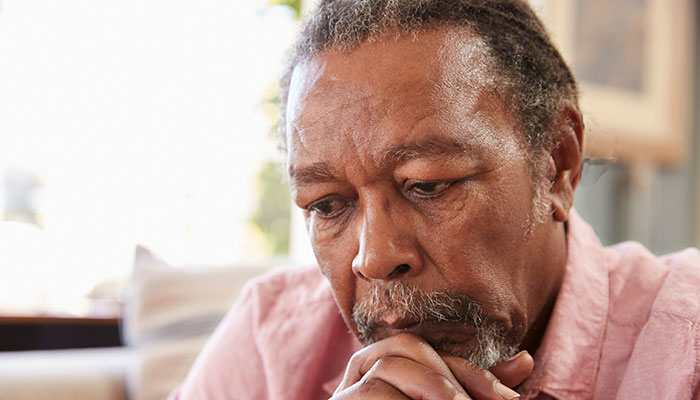
The U.S. Surgeon General reports we have a loneliness epidemic.
Like smoking and obesity, social isolation creates a greater risk for poor health. It’s been associated with a 48 percent increase in “premature death” (a death where a change in lifestyle could have resulted in a longer life).
Our social health affects our physical health.
Isolation. How much contact is enough? Canada is working on “social health guidelines” that would serve much like the nutrition guidelines put out by the Food and Drug Administration in the United States. They recommend one to three hours of socializing per day. Even light exchanges with a salesperson or sharing a laugh at the dog park count. We are social beings! That said, it’s family and old friends that make us feel seen, understood, and loved.
What you can do. The motivation and action must come from your loved one. But there are things you can do to remove or reduce barriers.
- Transportation. What are the barriers to attending an event? Are there ways you can help? (Provide a ride. Facilitate a Lyft or Uber account.)
- Hearing loss. Hearing loss can make conversation a chore. Hearing aids will help. Consider also a phone for the hearing impaired that can boost volume as needed.
- Home environment. Is your loved one too embarrassed by untidiness to invite people in? Consider housecleaning help or setting up visits outdoors on a porch or patio.
Tips for socializing. We got out of the habit with the pandemic. Here are a few insights:
- It’s easier to revitalize an old friendship than start a new one. It takes time and repeated exposure to cultivate a new friend.
- Create a two-person book club. Suggest reading and discussing a book with a friend or acquaintance. Or pick a TV show or streaming series to watch and discuss. The repeated exposure builds rapport.
- Small gestures are powerful. We’re naturally drawn to people who seem to like, notice, or appreciate us. A “thinking of you” text or a congratulatory email can go a long way toward building or strengthening a friendship.
- To gain a friend, be a friend. Suggest they look for opportunities such as offering to pick up the newspaper when a neighbor is gone or becoming a morning check-in buddy for someone else who lives alone.

